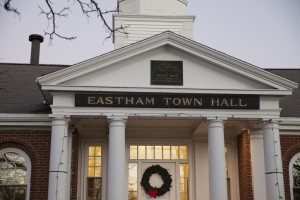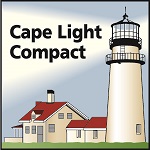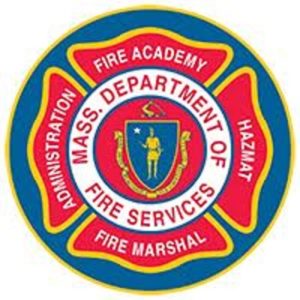 EASTHAM – Members of the Eastham Board of Assessors spoke in front of the Eastham Select Board recently and came out against a residential tax exemption.
EASTHAM – Members of the Eastham Board of Assessors spoke in front of the Eastham Select Board recently and came out against a residential tax exemption.
Enacted in 1979 as an option under property tax classifications, the exemption shifts the tax burden from owners of moderately valued residential properties to the owners of vacation homes, higher valued homes, and residential properties not occupied by the owner, including apartments and vacant land.
According to Deputy Assessor Belinda Eyestone and Finance Director Michael Lorenco, the average assessed value of a residential parcel in town is $471,582.
All full-time residents would qualify for the 20 percent exemption which would provide a per parcel exemption of $95,160.
Qualifying homeowners would be exempt the same amount regardless of their property’s assessment.
The exemption would, however, impact seasonal residents and full-time residents whose properties are assessed at more than $1 million.
With the exemption, the tax rate would rise from $8.72 per $1,000 assessed value to $9.74 for all resident property owners which includes seasonal residents who do not qualify for the exemption.
“What’s going to help people trying to start out in this town is once that assessed value goes up, we keep increasing the values on our homes, we now have a higher base to collect our taxes from,” said Board of Assessors chairwoman Denise Kopasz.
“By doing the residential exemption, that in turn keeps our rate down.”
Residents with property assessed at more than $1 million would pay more in taxes while the nearly 3,330 property owners whose properties are assessed at less than $1 million would benefit from the exemption.
Sixteen cities and towns in the state have established residential tax exemptions including Barnstable, Nantucket, Orleans, Provincetown, Tisbury, Truro, and Wellfleet which have exemptions ranging from 18 to 25 percent.
Research suggest that exemptions work best in towns in which non-residents make up 80 to 90 percent of the population, according to Kopasz.
Nonresidents make up 52 percent of Eastham’s population.
Towns such as Provincetown, Truro, and Wellfleet have larger nonresidential populations in comparison.
“A town like Truro, where there is a larger portion of second home owners, there’s more people to spread that out over. For us, it’s 50-50,” said Kopasz.
“That has to come down, half on nonresidents half on residents, or we don’t benefit that much.”
If the exemption is adopted, the increased tax rate would generated money to go toward a new municipal water system, a renovated public library, and a new Cape Cod Regional Technical High School.
Limited liability corporations and trust owned properties also would not qualify for the exemption.
Currently Eastham has 109 limited liability corporations and 648 trust-owned properties.
























